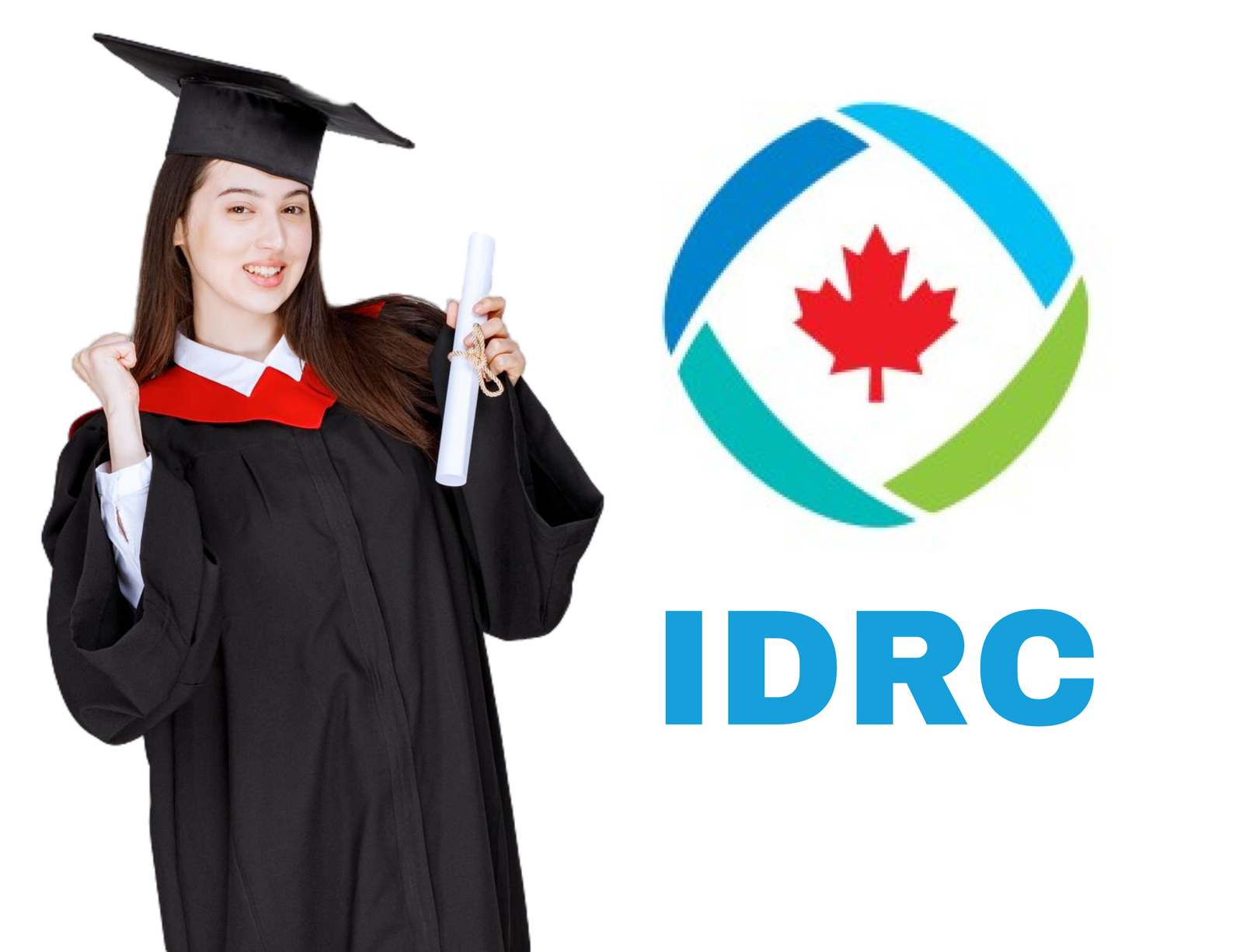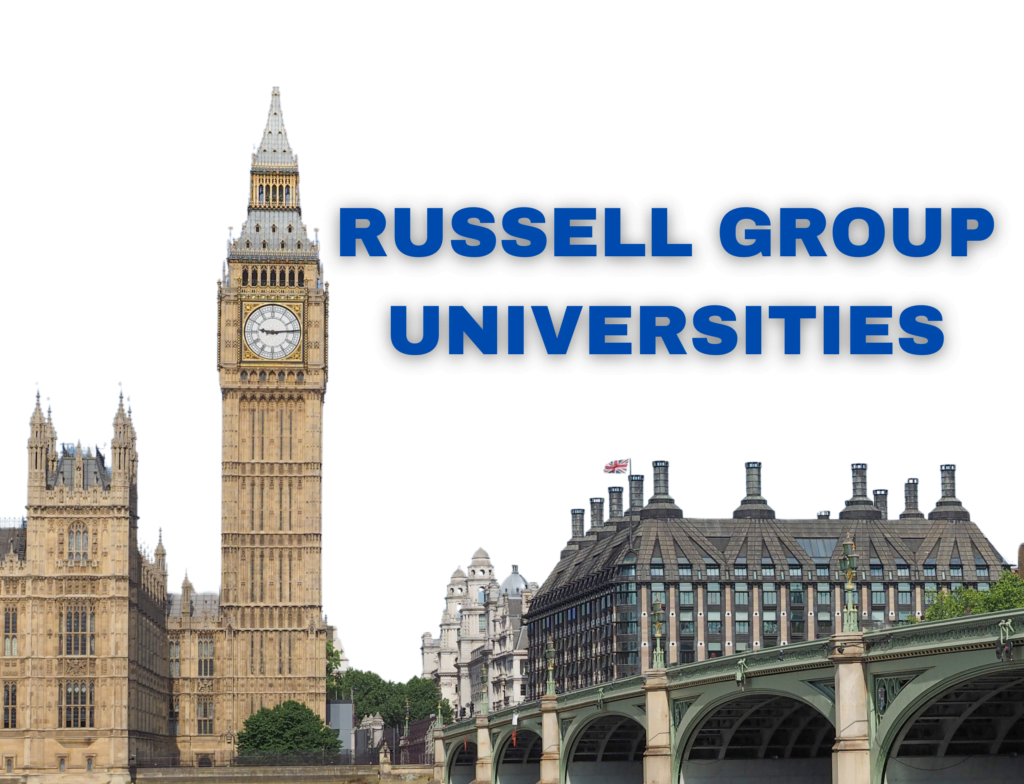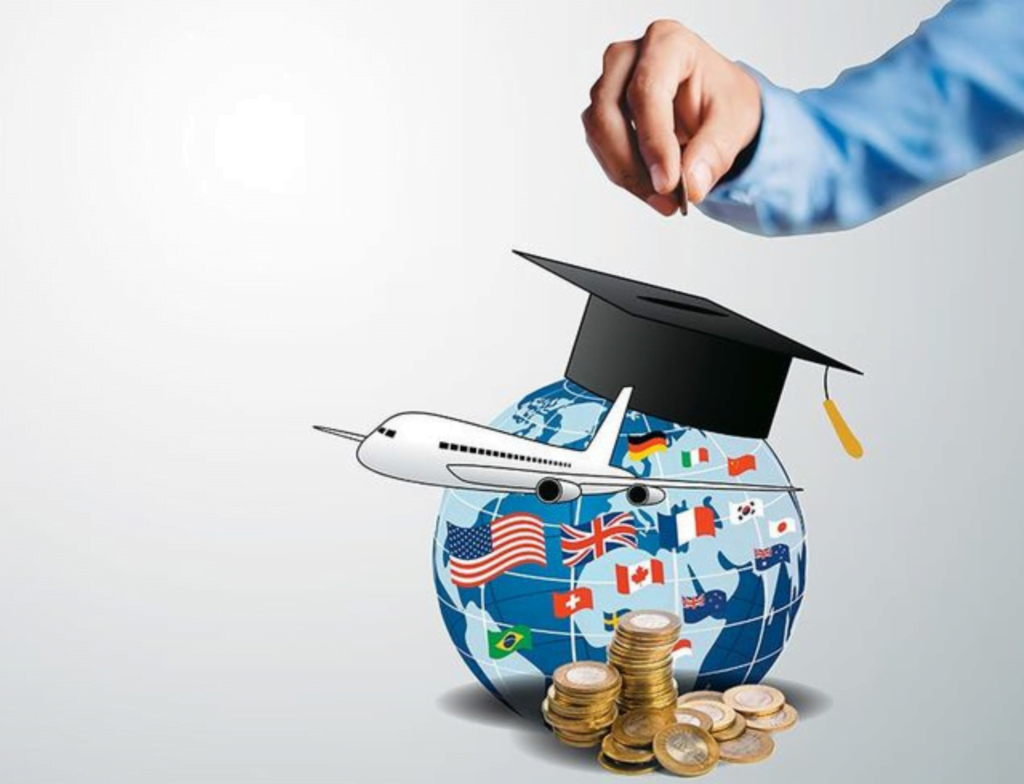IDRC Research Awards for International Students
International Development Research Centre (IDRC) Research Awards are among the best scholarships for students from developing countries who are planning to do their doctoral or master’s degrees at a recognized institution. This prestigious award comes with a one-year paid program with the IDRC, wherein recipients get to study a subject of their choice. This is a comprehensive article on the IDRC Research Awards, which outlines the general requirements, value of the awards, how to apply, and additional pointers for the applicants.
What is the IDRC?
The International Development Research Centre (IDRC) is one of the Canadian institutions that focuses on promoting research and innovation in developing countries. IDRC’s vision is to foster and achieve sustainable and equitable development through research that produces knowledge that is usable.
Eligibility Criteria
Educational Background: Candidates have to be graduates or pursuing a course of study leading to a graduation degree.
Age Requirement: There are no age restrictions; anyone is allowed to apply for the program.
Nationality: It is open to both domestic and international students, but priority will be given to people from developing countries.
Income bracket: Lowers from the lower-middle-class income group are acceptable.
How do I apply?
It is easy to apply for the IDRC Research Awards.
Follow these steps:
Visit the university’s website: Go to the page of the university that offers the scholarship.
Go to the scholarship page. Go to the “IDRC Research Awards” link.
Fill in Details: Fill in your educational and personal details.
Upload Documents: All the supporting documents that may be required should be submitted.
Await Results: Submit the application and wait for the results of the application.
Documents Required
⦁ Letter of Recommendation (LOR)
⦁ Statement of Purpose (SOP)
⦁ Resume
⦁ Research Proposal
⦁ Educational Results
⦁ English Proficiency Scores
Selection Criteria
The selection process for the IDRC Research Awards can vary depending on the university, but generally, the following factors are considered:The selection process for the IDRC Research Awards can vary depending on the university, but generally, the following factors are considered:
Research Experience: research qualification of the candidate, previous research projects, and exposure to the projects.
Student Publications: Publications being made by the applicant in his or her course of study.
Work Experience: Tropical experience and practical experience should be relevant to the field of the examination.
Merit: Masters and non-masters level academic accomplishments; student society executive member; undergraduate class valedictorian.
Coursework: Relevant coursework and their performance as demonstrated in class participation and assignments.
Report: The proposal should include a comprehensive research question and hypothesis, as well as clear and easily understandable objectives.
Tips for applicants
Start Early: Apply as early as you can so that you can have adequate time to fetch whatever documents might be required.
Strong SOP: Prepare an engaging and informative SOP emphasizing your focus of study and intentions.
Detailed Research Proposal: Always make sure that the details you are proposing are specific and that the idea is achievable and relevant to IDRC’s fields of interest.
Proofread: Make sure to review all the documents you will be submitting for the application because typing mistakes should not be present in those documents at all.
Seek guidance: Discuss your application with your academic advisors, mentors, and coaches as well, if it is possible.
Conclusion
The IDRC Research Awards can be considered a wonderful chance to improve the experience of international students originating from developing countries. Students should ensure they meet the requirements of the grant and follow the guidelines for application as outlined by IDRC to embark on a fulfilling journey of research and innovation. Now it is time to address the challenge and develop yourself for the benefit of global society.





